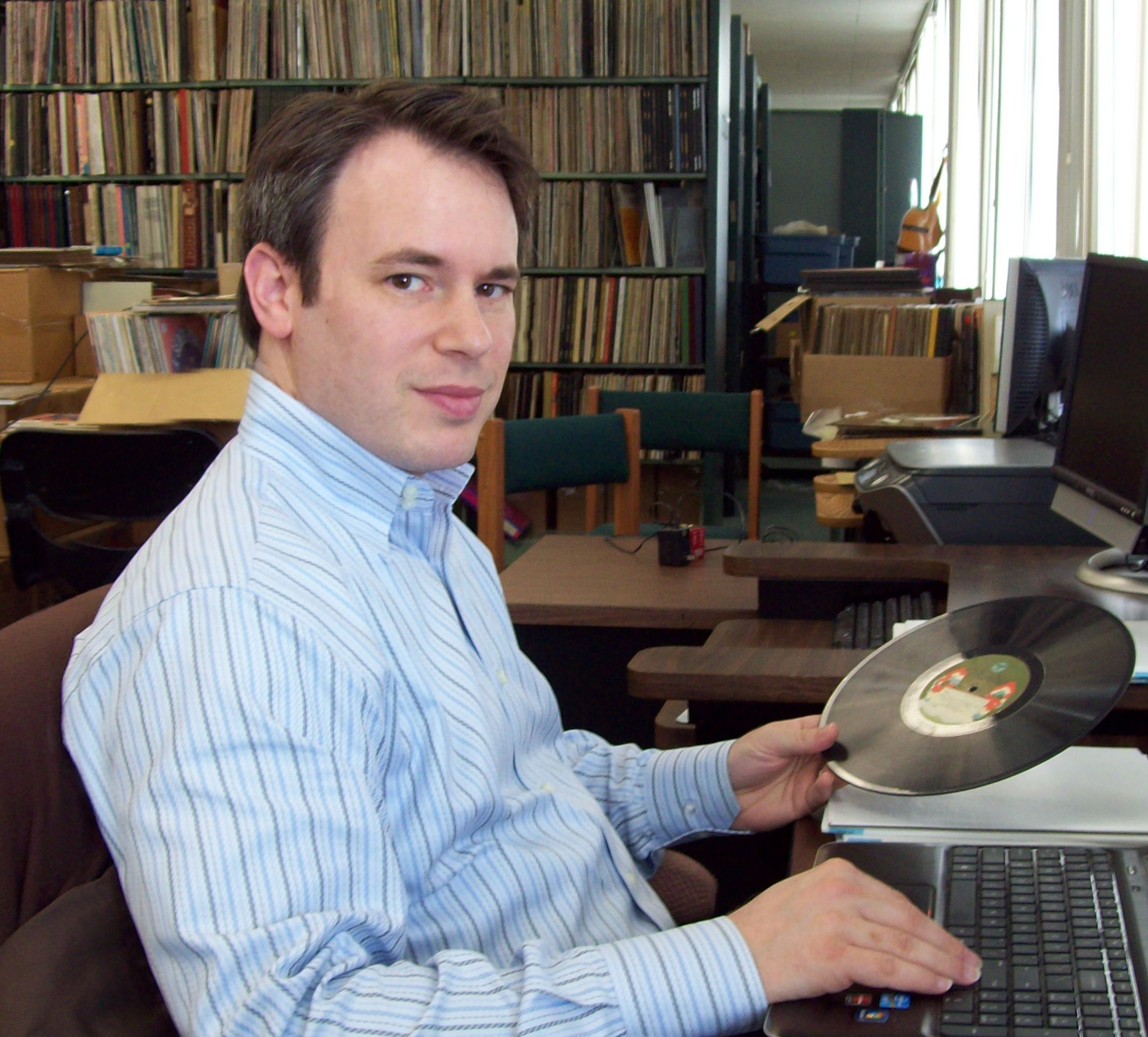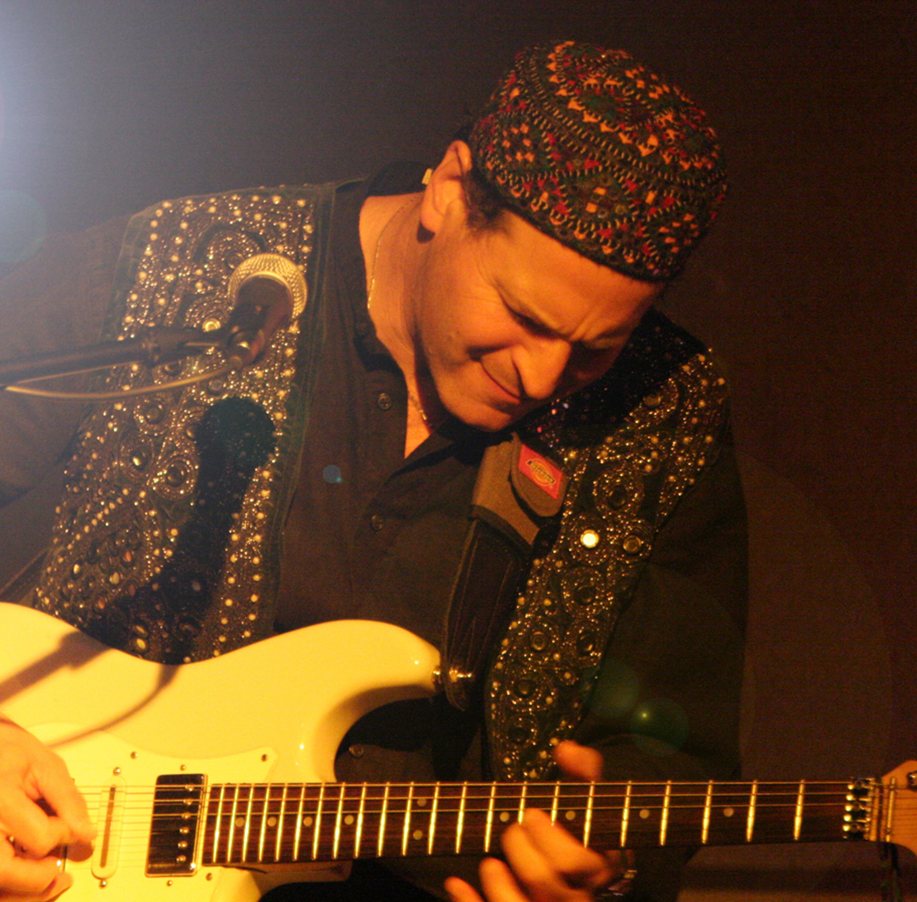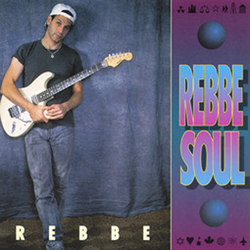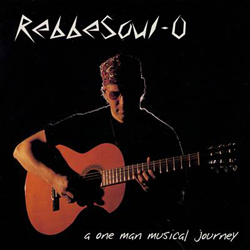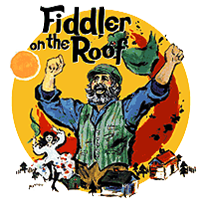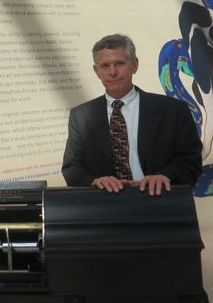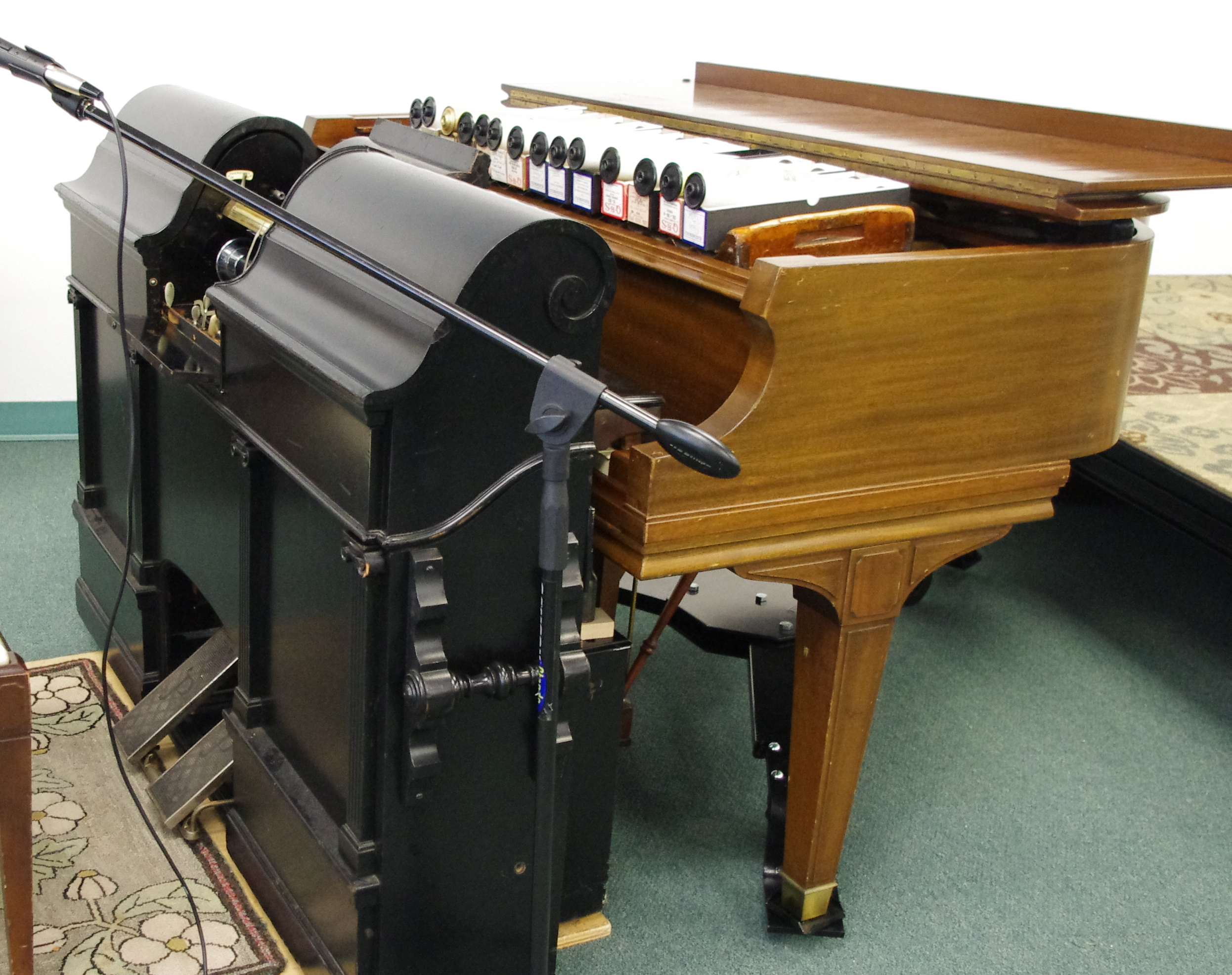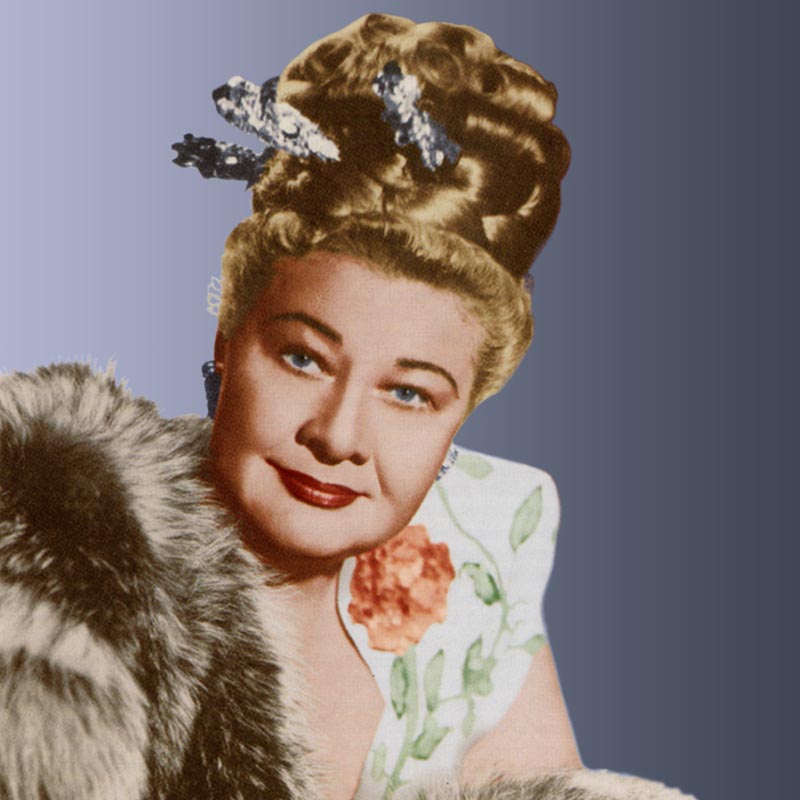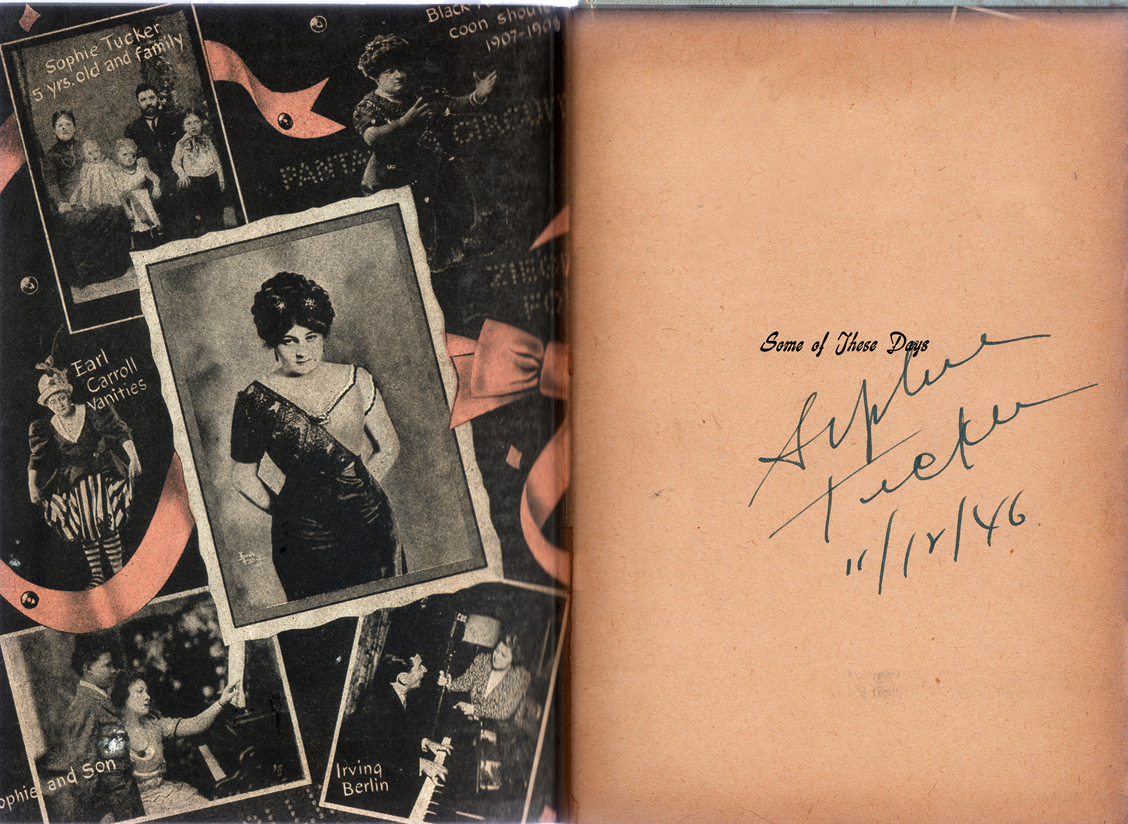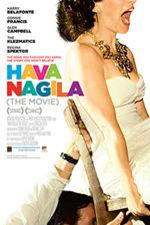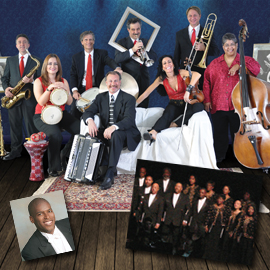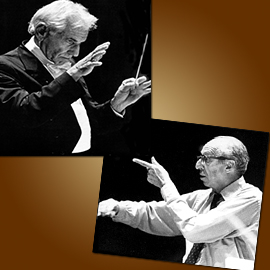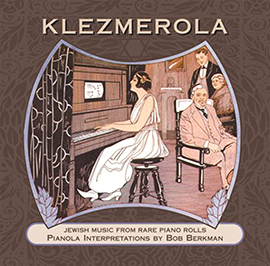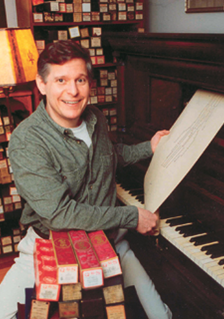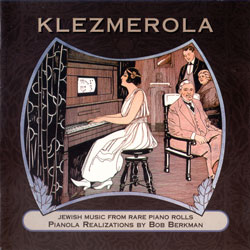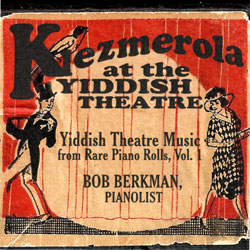Kultur 2014
March 1 – 8, 2014
6th Annual Kultur Celebration
Click here for full schedule and more information
Florida Atlantic University Libraries
Festival Highlights
Saturday, March 1, 2014 @ 7:00 p.m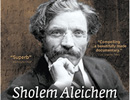
Film: “Sholem Aleichem: Laughing in the Darkness”
Chock full of humor, this documentary film explores the rebellious life of Sholem Aleichem as he experiences the tug of war between nostalgia and a modern Jewish identity.
Sunday, March 2, 2014 @ 3:00 p.m.
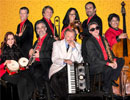 Klezmer Company Orchestra — ¡Jubano Jazz!
Klezmer Company Orchestra — ¡Jubano Jazz!
Energetic arrangements of Klezmer melodies fused with Latin percussion, Argentinean Tango and Afro-Cuban dance beats and revitalized classic songs from the Yiddish theatre.
Wednesday, March 5, 2014 @ 2:00 p.m.
Martin Bookspan Reminisces: My famous musical friends 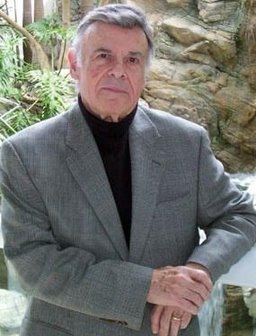
Renowned PBS commentator of Live from Lincoln Center, Martin Bookspan is also a noted author, and the well-known host for live radio broadcasts of the Boston Symphony Orchestra and New York Philharmonic. He shares personal stories and photographs about his friendships with legends such as Serge Koussevitzky, Leonard Bernstein, Isaac Stern, Jan Pierce, Richard Tucker and Michael Tilson Thomas. Presented in conjunction with the Judaica Sound Archives.
Thursday, March 6, 2014 @ 2:00 p.m.
Leonard Lehrman, pianist and Helene Williams, soprano, return to Kultur Festival with guest cantors from New York City: soprano Faith Steinsnyder and tenor David Perper performing a unique concert of “Jewish Opera” in various languages. Highlights include excerpts of Halévy’s famous La Juive, Spektor’s Lady of the Castle, Mandelbaum’s The Village, Blitzstein/Lehrman’s Tales of Malamud, and arias by Goldfaden.




